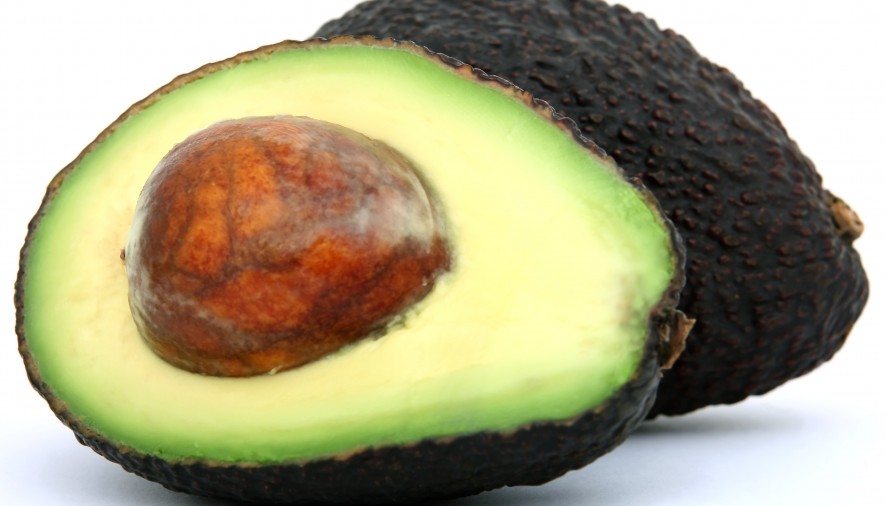The Gryphon explores the possible growth of veganism in 2016, the use of it as a fad diet as well as an environmental action.
For many, New Year’s symbolises the turning over of a new leaf, the promise of new resolutions, and the belief in finally changing your life for the better. It can be everything, from getting in shape to being less stressed, and is often forgotten and neglected by the third week of January, with the excuse of not having time or simply not feeling motivated enough.
2016 is shaping up to be the year of going vegan – or at least a month of going vegan for some, by participating in ‘Veganuary’. It is a way for people to start the New Year out on a healthy note, whilst also sparing the environment. Some claim to have found the solution to the healthiest possible diet, by excluding all animal products and focusing on plant-based foods. Movements such as ‘raw veganism’ are examples of diets that pursue optimising health through plant-based eating. These diets are used as fads by some, but for others they form a lifestyle change – a new way of living and thinking. By looking into the reasons for going vegan and the philosophy behind it, it seems to make increasingly less sense why more people are not convinced by its ethics; even if it is just for a month.
The UN has named 2016 ‘The International Year of Pulses’ in order to raise awareness of agriculture’s large carbon footprint on the planet. Furthermore, the movement underlines how plant-based protein is crucial to obtain a healthy diet, which debunks the common misconception that animal-based protein is essential to human beings. In addition to this, modern nutritional science is also slowly beginning to attack the dairy industry. At Harvard University, a recent study reveals how dairy may not be the best source of calcium for humans after all. It also shockingly reveals how an excessive amount of dairy can paradoxically lead to weaker bones, as well as prostate cancer and even ovarian cancer. The study recommends not having more than one or two servings of dairy per day and advocates getting calcium through other sources such as leafy greens, broccoli, certain beans, and plant-based milk.
Many more studies have been conducted in the field of plant-based eating and health and they are attacking the agricultural sector. Last year, the WHO took the first shot by going after one of the most popular foods on the planet: bacon. They announced that not only bacon but all processed meat is linked to cancer as much as tobacco. Modern science and organisations are clearly becoming increasingly interested in investigating how animal products affect our bodies.
It is not only good for our health to go vegan, but also benefits the earth. First of all, the meat and dairy industry uses a third of all fresh water on the planet. It has been estimated that the water use of one hamburger is equivalent to two months of showers for the average person. Additionally, 51% of global greenhouse gas emissions are a result of livestock and their by-products; stark contrast to the transport industry, which contributes only 13%. Also, according to the film Cowspiracy, animal agriculture is responsible for 91% of destruction of the Amazon rainforest. Surely, in a time where we are facing climate change more imminently than ever before, ‘Veganuary’ may be a good start in trying to care for the planet; by being a conscious consumer and being careful with what we buy. Eating vegan can also be made extremely cheap and student friendly, with foods such as rice, beans, and potatoes, which are currently some of the cheapest products on the market. It is not only good for health, environment, and from an ethical perspective, but also for private economy.
Could veganism become the future of something more than just a New Years resolution for the average person? Could ‘Veganuary’ perhaps become ‘Veg-year’ for some? Veganism has often been criticised for being damaging to mental health, by making people obsessive with the fear of eating animal products by mistake and the purity of their products. Moreover, it has been strongly accused of being restrictive and difficult, especially when wanting to travel and try local, traditional cuisine in new countries. Vegans often get stereotyped as very radical and angry as well, and are often blamed for being preachy and not respecting meat-eaters’ choice to eat meat. While going vegan is of course most favourable for the movement, a slight change in consumer habits, while still not labelling yourself one or the other, may be enough to make a bit of an alteration. It may not be possible or necessary for everyone to go fully vegan, but a shift in mindset and awareness could contribute to a lot of positive change. Thinking about swapping chicken for veggies once in a while in your shopping basket or trying out vegan cakes in cafés could influence the market tremendously if enough people did it once in a while. Every little thought or action is a move in the right direction. And maybe a small move, made by many, is just exactly what the world needs.
Hannah Macaulay
Image: fitpaleolife.com

